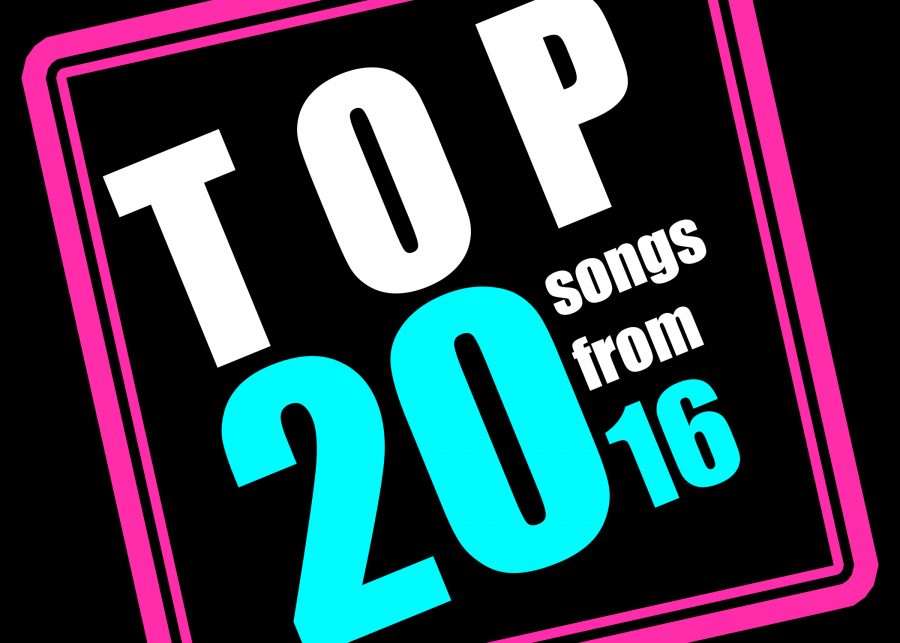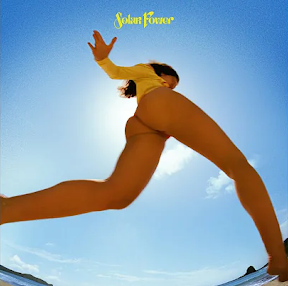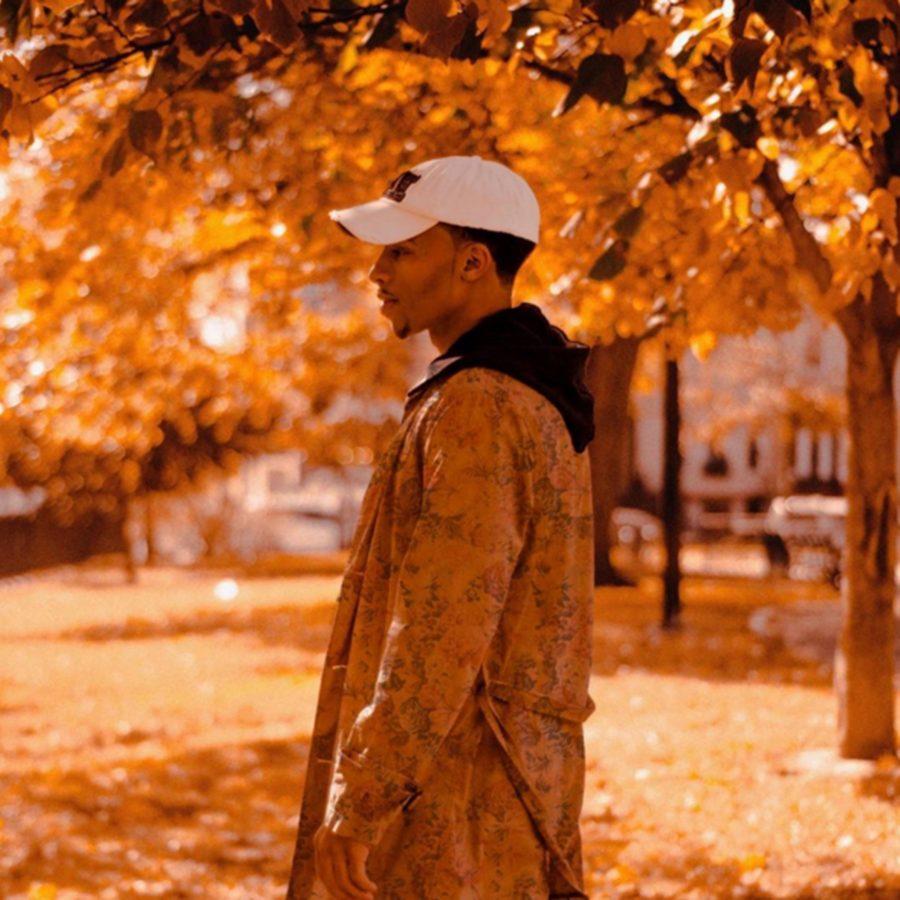West coast rapper/producer Tyler, The Creator released his third solo album Wolf, a highly anticipated release since his previous album, “Goblin,” in 2011. Since Goblin’s release, Tyler and his group, Odd Future, have created a unique sound in the alternative hip-hop genre. Tyler has made a very bold appearance in the hip-hop scene with the vulgar language in his raps, throwing around homophobic slurs, misogynistic ideas, and a lot of other lines for pure shock value.
However, once you get past that and really listen to Tyler’s lyrics, you will see that many of his songs go deeper than you would have expected. There are many themes played out in this album: insecurity, psychotic breaks, identity crisis, Tyler’s want for his father, love, social awkwardness and death.
When received correctly, the album is a very depressing and personal work that gives a glimpse into the softer side of this very in-your-face rapper. The first track, “Wolf,” starts the album’s story by introducing Sam, a character Tyler has created for himself. “Jamba” is the first hype track on the album. It is a collaboration with Odd Future member Hodgy Beats. The instrumental used for this song is very heavy hitting with a few weird quirks like a sexually moaning female.
Tyler jumps right into rapping about his image in the media, which mainly stems from his infamy for eating a roach in his “Yonkers” video from 2011. Coincidentally, he also mentions this video in “Colossus,” stating how he hates how he is only known for his work on Goblin work. “Colossus” is Tyler’s version of Eminem’s “Stan” from 2000, with a crazed fan running up to him, glorifying him and Tyler’s reluctance by brushing the kid off, but basically telling him and listeners, “You don’t know me”.
On the track, “Answer,” Tyler goes into depth about his hate for his father while still trying to hide the fact that he misses him. It’s a very slow track with a lot of clunky synths. He raps about telling his father how he has a show but he won’t get tickets, only to call anyway and hope he answers – a situation many of Tyler’s fans can connect to.
Wolf proves that Tyler has gone through a great deal of musical growth in the last two years. He’s matured technically, making better beats, but not as much lyrically, as his themes have not shown a steep progression. I give this album four out of five stars purely because the good points are really good more specifically, on “Rusty” and “Trashwang,” but those extra tracks, “Pigs” and “Slater,” could have been left in the lab.













